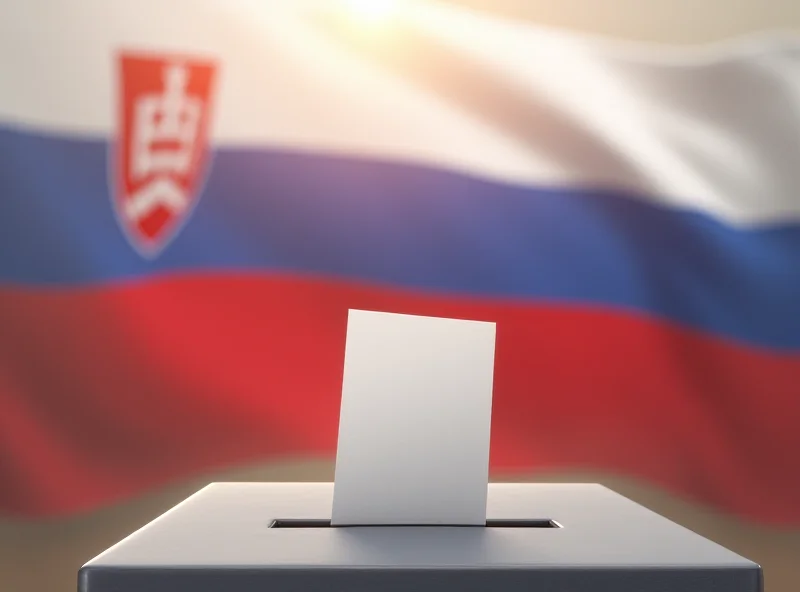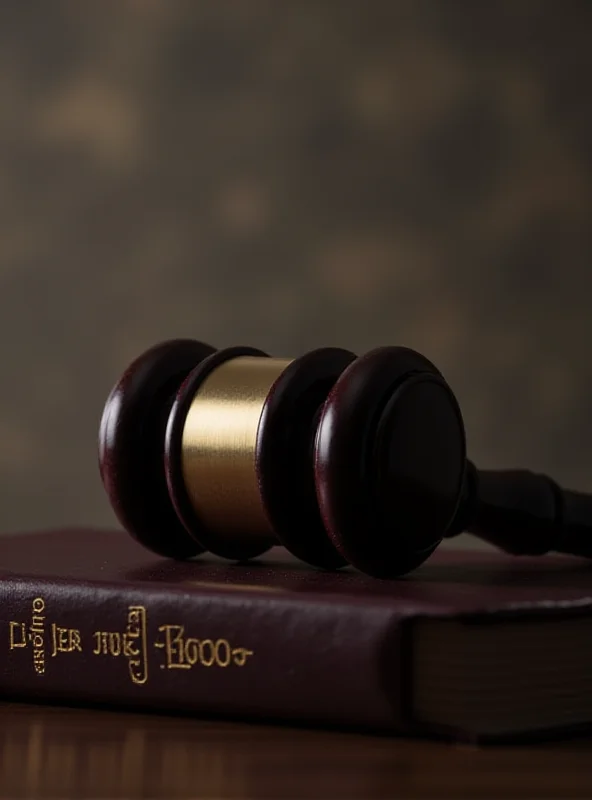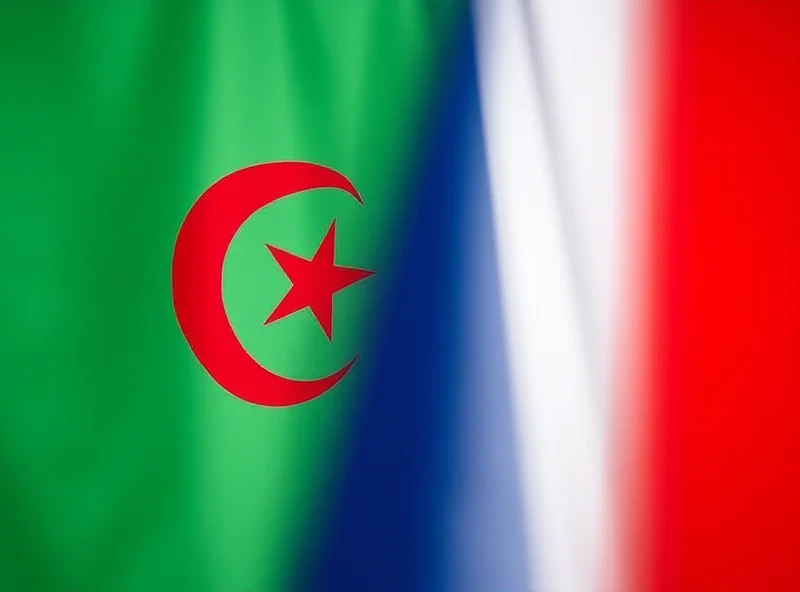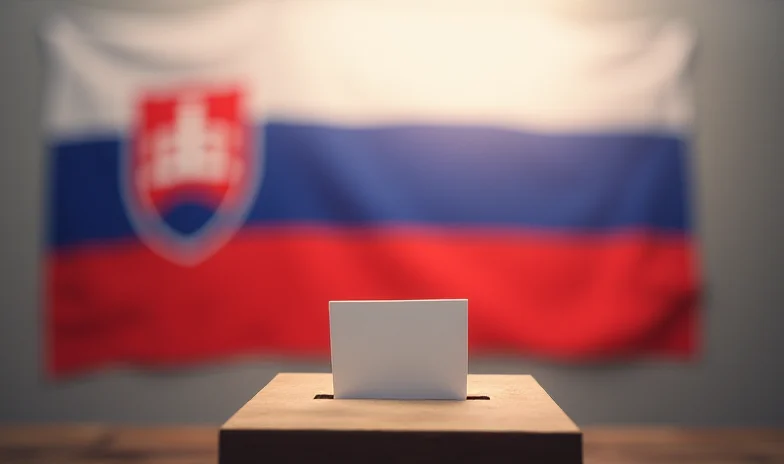Here's a look at some of the top political stories making headlines today, spanning across Europe and beyond. From potential election reforms to discussions on nuclear deterrence and international justice, the political landscape continues to evolve rapidly.
Slovakia Considers Regional Election Reform
In Slovakia, State Secretary Michal Kaliňák is exploring potential changes to the structure of regional elections. He's currently engaged in discussions with regional politicians regarding the redistribution of electoral responsibilities. Interestingly, the Ministry of Interior has stated that it's currently uninformed on the specifics of these discussions but remains open to engaging in debate on the matter. This could signal significant shifts in how regional power is distributed.

European Nuclear Deterrence Debate Reopened
The concept of European nuclear deterrence is back on the table. With the transatlantic link appearing increasingly fragile, the French Head of State has proposed discussions with European partners regarding France's nuclear umbrella. This move, spurred by concerns over the reliability of traditional alliances, has reignited a contentious debate, raising questions about the future of European security.
"This is a complex issue with far-reaching implications for European security," says political analyst Dr. Anya Sharma. "The discussions will be critical in shaping the continent's defense strategy for years to come."
The proposal by Macron and Merz has sparked intense debate across Europe. This debate highlights the continent's ongoing struggle to define its role in a shifting global security landscape. The outcome of these discussions could reshape the balance of power within Europe and its relationship with the rest of the world.
Justice for Victims of the Rwandan Genocide
In Paris, a significant step has been taken towards justice for the victims of the Tutsi genocide in Rwanda. A former dean of a medical faculty, now a naturalized French citizen, has been indicted on charges of genocide, crimes against humanity, and conspiracy to commit these atrocities. The individual, born in 1951, was taken into custody and subsequently placed under judicial supervision, marking a crucial moment in the pursuit of accountability for the horrific events in Rwanda.

Tensions Rise Between Algeria and France
Relations between Algeria and France are becoming strained. The Algerian ministry has declared that it will impose strict and immediate reciprocity in response to any restrictions placed on mobility between the two countries. This statement comes as a direct response to perceived "ultimatums and threats" from France, signaling a potential escalation in diplomatic tensions.
The announcement underscores the complexities of the relationship between the two nations, highlighting the sensitivity surrounding issues of immigration and border control. The situation requires careful management to prevent further deterioration of diplomatic ties.

Finally, in New Caledonia, Minister of Overseas Manuel Valls has successfully revived political dialogue among partners, setting the stage for a new political agreement. After a week-long visit, he published a synthesis document outlining the path forward. This is seen as a positive step towards a more stable future for the French archipelago.
